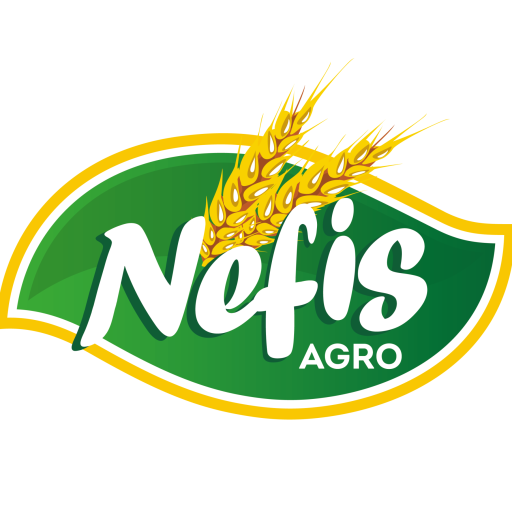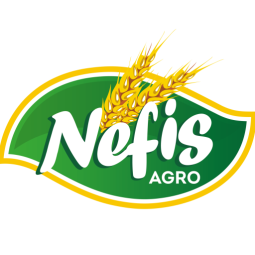Excellence in Bulgur Production: A Journey of Quality and Sustainability from Farm to Table
Bulgur has been an indispensable staple on our tables throughout history; however, in modern bulgur production, quality and sustainability are far more critical than ever before. Every stage in this journey from field to table directly affects the final taste, nutritional value, and safety of our product. We start by selecting the highest quality wheat grains; only wheat that meets specific standards, is non-GMO, and free from pesticide residues is processed.
Our production process consists of meticulously controlled steps where traditional methods are blended with modern technology. The wheat is first cleaned and boiled. The boiling process gelatinizes the starch, which creates bulgur’s unique texture, and also extends the product’s shelf life. Afterwards, it is dried in special drying systems until it reaches the ideal moisture level. This critical stage ensures the microbiological stability of bulgur and preserves its nutritional values. The dried wheat is then processed according to different grinding degrees, separating it into fine, medium, and coarse bulgur types. Each grinding process gives the product a specific use and determines its flavor profile.
Our quality control processes cover not only the production stage but the entire supply chain. Every batch of product undergoes laboratory tests in accordance with international food safety standards (such as ISO 22000, HACCP). Physical, chemical, and microbiological analyses ensure that our products are of the highest quality and safe.
Sustainability is one of the cornerstones of our business. We support environmentally friendly agricultural practices and invest in modern technologies to efficiently use water and energy resources. We also meticulously manage waste, aiming to minimize the ecological footprint of our production processes. For us, quality bulgur is not only delicious and nutritious but also goes through a production process that respects natural resources. In this way, we both protect our planet and continue to produce healthy foods for future generations.
Keywords: bulgur production, quality control, food safety, sustainability, production technology, ISO 22000, HACCP, wheat selection, traditional methods, modern production, ecological footprint, wholesale bulgur, bulgur supplier, farm to table, nutritional value

